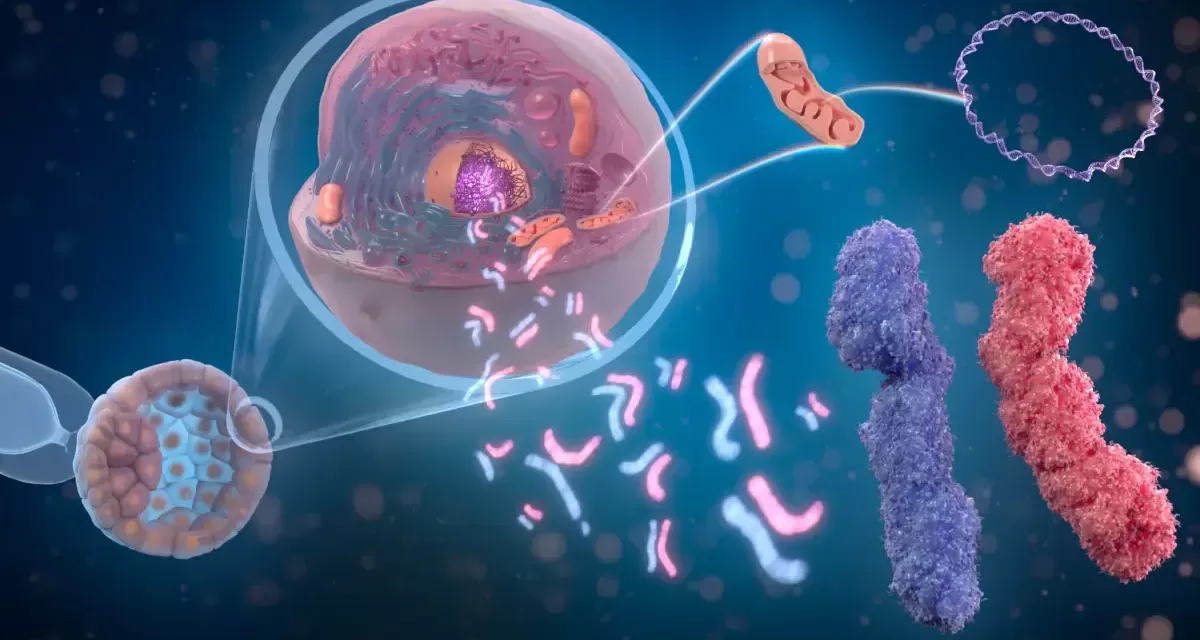Duke University Researchers Demonstrate a Potential Breakthrough in Prader-Willi Syndrome Treatment
February 17, 2025 – A team of biomedical engineers at Duke University has identified a master epigenetic switch that could pave the way for treating a rare and complex class of genetic diseases. Using CRISPR technology, the researchers demonstrated a method to activate naturally suppressed genes, potentially offering a new therapeutic strategy for conditions such as Prader-Willi syndrome.
A New Approach to Genetic Disorders
Prader-Willi syndrome is a debilitating genetic condition characterized by excessive hunger, cognitive impairments, speech difficulties, and physical growth defects. The disease results from a missing section of the paternal chromosome, while the maternal copy remains intact but silenced due to a biological mechanism known as imprinting.
In their groundbreaking study, the researchers discovered that by targeting a specific epigenetic switch, they could reactivate these silent maternal genes. “There are many imprinted regions in the genome where one parental copy is normally silenced,” said Charles Gersbach, the John W. Strohbehn Distinguished Professor of Biomedical Engineering at Duke. “If a mutation disrupts the active copy, patients lack essential genes. Our method aims to turn the silent genes back on.”
CRISPR as an Epigenetic Tool
While CRISPR is widely known for its ability to edit DNA sequences, the Duke team employed a modified version that regulates gene activity without altering the genetic code. By using CRISPR to remove chemical modifications (DNA methylation) that keep the maternal genes inactive, they successfully induced stable, long-term activation of the necessary genes in laboratory-grown stem cells and neurons.
“This discovery was particularly exciting because a temporary CRISPR intervention resulted in a permanent gene activation,” said researcher Dahlia Rohm. “This suggests the potential for a durable therapy for Prader-Willi syndrome and similar genetic conditions.”
Future Steps Toward Clinical Application
Despite these promising results, challenges remain before the technique can be applied to human patients. Delivering CRISPR-based treatments across large areas of the brain and ensuring long-term stability in mature neurons are key hurdles. The researchers are now exploring animal studies to refine their approach.
“If conventional gene therapy were used, it would require delivering multiple genes and RNAs,” explained Josh Black, a staff scientist at Duke. “Our approach of targeting a master controller simplifies the process significantly.”
With continued advancements in CRISPR delivery methods and epigenetic research, the Duke team hopes this breakthrough will lead to effective treatments for Prader-Willi syndrome and other imprinting disorders in the future.
Disclaimer:
This study represents early-stage research, and further validation through animal models and clinical trials is necessary before human applications can be realized. Patients and caregivers should consult healthcare professionals for current treatment options.












